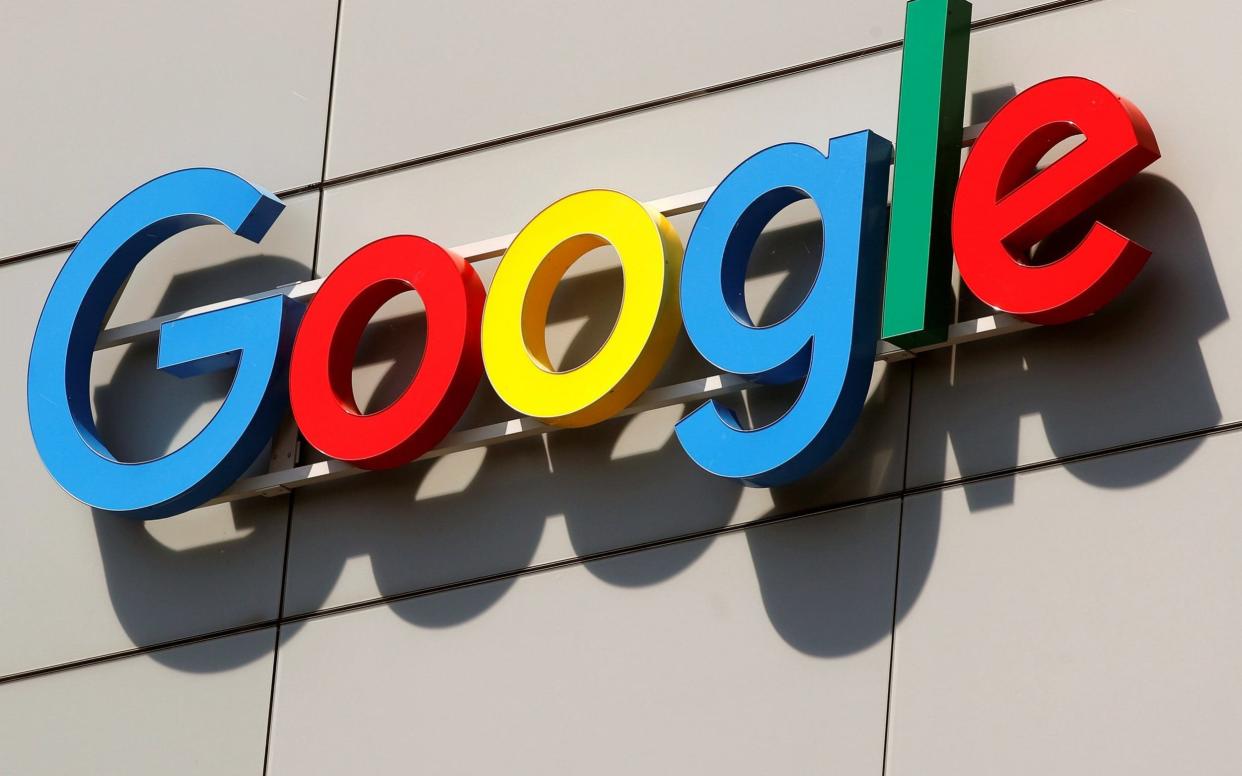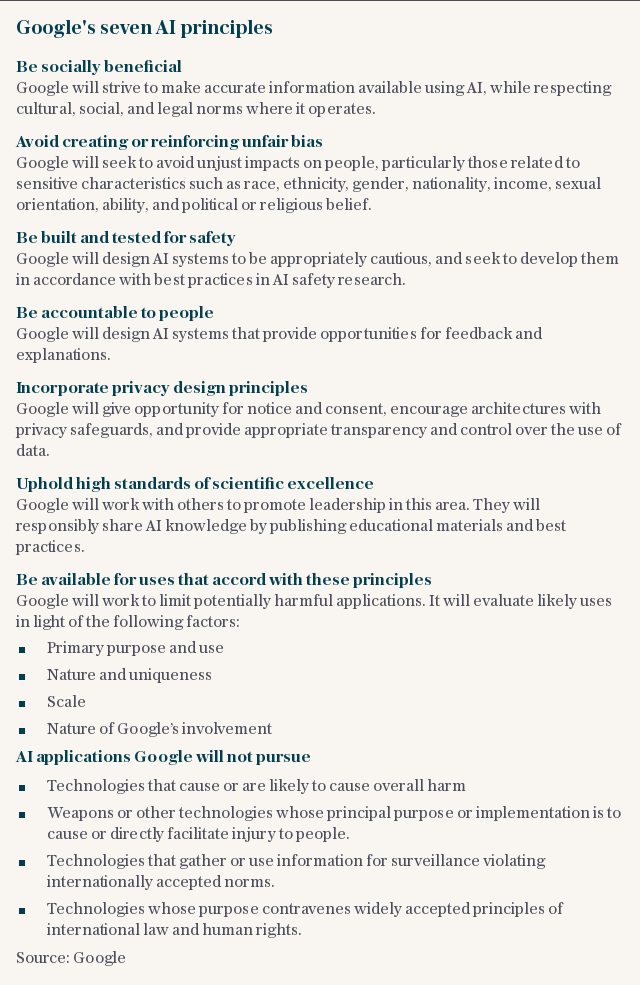Google staff demand transparency over censored search engine plans for China

Hundreds of Google workers are demanding the Silicon Valley giant be more transparent in its plans to launch a censored version of its search engine in China, criticising their employer for making decisions "in secret".
In a petition, published by The New York Times and signed by around 1,000 employees, the "Googlers" said they "need to know what we're building" to make ethical choices about their work.
It comes after leaked documents, obtained by The Intercept, revealed details of Google's plans for obtaining approval to operate in China, including blocking access to a number of websites, such as Wikipedia and BBC News, which the ruling communist party bans.
The plans, code-named Dragonfly, mark a U-Turn by Google, which pulled out of China in 2010 following cyberattacks by the Chinese government. It has since been vocal in its opposition to censorship in the country.
Dragonfly is thought to have been in development for over a year. However, reports suggested only 88,000 staff members, equal to 0.35pc of the workforce, had been briefed on the project.

In the letter, which is thought to be circulating on internal Google systems, the workers said: "Currently we do not have the information required to make ethically-informed decisions about our work, our projects, and our employment.
"That the decision to build Dragonfly was made in secret, and progressed even with the AI Principles in place makes clear that the Principles alone are not enough. We urgently need more transparency, a seat at the table, and a commitment to clear and open processes: Google employees need to know what we’re building."
Google did not respond to requests for comment.
The "AI Principles" were published by Google in early June and have been described by boss Sundar Pichai as "concrete standards that will actively govern our research and product development and will impact our business decisions".

They include commitments such as striving to "take into account a broad range of social and economic factors, and [to] proceed where we believe that the overall likely benefits substantially exceed the foreseeable risks and downsides".
Google had released the principles amid mounting pressure from staff, who had staged a protest over a contract it held with the US military, resulting in the tech giant deciding not to renew the project.
The latest rumblings among staff are not unusual within Google, which urges its employees to "bring your whole self to work" and share opinions.
Earlier this summer, Google software engineer presented a proposal, backed by fellow employees, at Alphabet's annual general meeting, to get pay tied to diversity. Although the proposal was voted down, it provided a platform for shareholders and employees to vent their frustration with the business.

 Yahoo News
Yahoo News 
